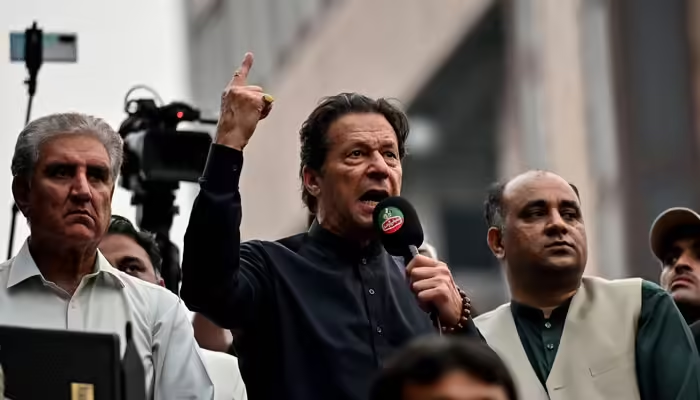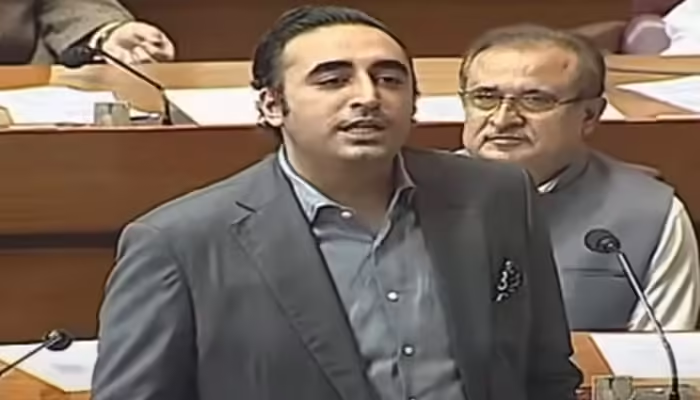The Federal Investigation Agency (FIA) has taken a significant legal step by approaching the Supreme Court to challenge the acquittal of prominent Pakistan Tehreek-e-Insaf (PTI) leaders, Imran Khan and Shah Mahmood Qureshi, in the notorious cipher case. This development follows the Islamabad High Court’s (IHC) decision on June 3, which overturned the convictions of Khan and Qureshi, who had been sentenced to ten years each in January this year, just days before the February 8 elections.
Background of the Cipher Controversy
The cipher controversy, which has had profound implications for Pakistan’s political landscape, first came to light on March 27, 2022. During a public rally, Imran Khan, then the Prime Minister, waved a letter, claiming it was a cipher from a foreign nation conspiring with his political opponents to overthrow his government. Although he initially did not disclose the letter’s contents or the name of the country, he later accused the United States of orchestrating a conspiracy against him. Khan alleged that Donald Lu, the Assistant Secretary of State for South and Central Asia Affairs, had sought his removal, purportedly stating that “all will be forgiven for Pakistan if Imran Khan is removed from power.”
IHC’s Acquittal and FIA’s Petition
The IHC’s decision to acquit Imran Khan and Shah Mahmood Qureshi was based on various grounds, but the FIA contends that the judgment was perverse, arbitrary, and contrary to the available evidence. In its petition to the Supreme Court, the FIA argues that the high court failed to appreciate its lack of jurisdiction or power to create rights not provided by the Constitution or valid law. The agency asserts that the case did not necessitate the application of the doctrine of reading in, as no constitutional guarantees had been violated.
The FIA’s plea also highlights the non-cooperative behavior of the respondents throughout the trial. According to the agency, Imran Khan and Shah Mahmood Qureshi made every possible effort to delay the proceedings. The trial was adjourned multiple times at the request of the respondents or their counsels, resulting in witnesses being present in court without being cross-examined by the defense.
Prosecution’s Evidence and High Court’s Oversight
The prosecution had presented substantial documentary evidence, including forensic analyses, which the FIA claims were not adequately considered by the IHC. The agency insists that the evidence was reliable and confidence-inspiring, and that this aspect was overlooked by the Honourable Division Bench of the Islamabad High Court during the acquittal. The petition criticizes the impugned judgment for not reflecting any grounds for acquittal and failing to observe that the prosecution had proven its case beyond any shadow of doubt.
Political and Legal Ramifications
The FIA’s move to challenge the IHC’s acquittal decision is poised to have significant political and legal ramifications. Imran Khan, the former Prime Minister, and Shah Mahmood Qureshi, the former Foreign Minister, are both prominent figures in Pakistan’s political landscape. Their involvement in the cipher case has been a focal point of political debate and controversy.
The outcome of this petition could influence public perception and the political fortunes of PTI. If the Supreme Court sides with the FIA, it could lead to renewed legal challenges and potential convictions for Khan and Qureshi, further complicating the political dynamics in Pakistan.
Conclusion
The FIA’s decision to contest the acquittal of Imran Khan and Shah Mahmood Qureshi in the cipher case underscores the complexities and high stakes involved in this legal battle. As the Supreme Court takes up this petition, the case will continue to attract significant attention, given its potential impact on Pakistan’s political landscape and the legal precedents it may set. The ongoing saga of the cipher case remains a critical issue, reflecting broader themes of governance, accountability, and the interplay between law and politics in Pakistan.



